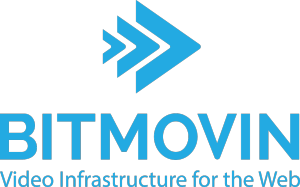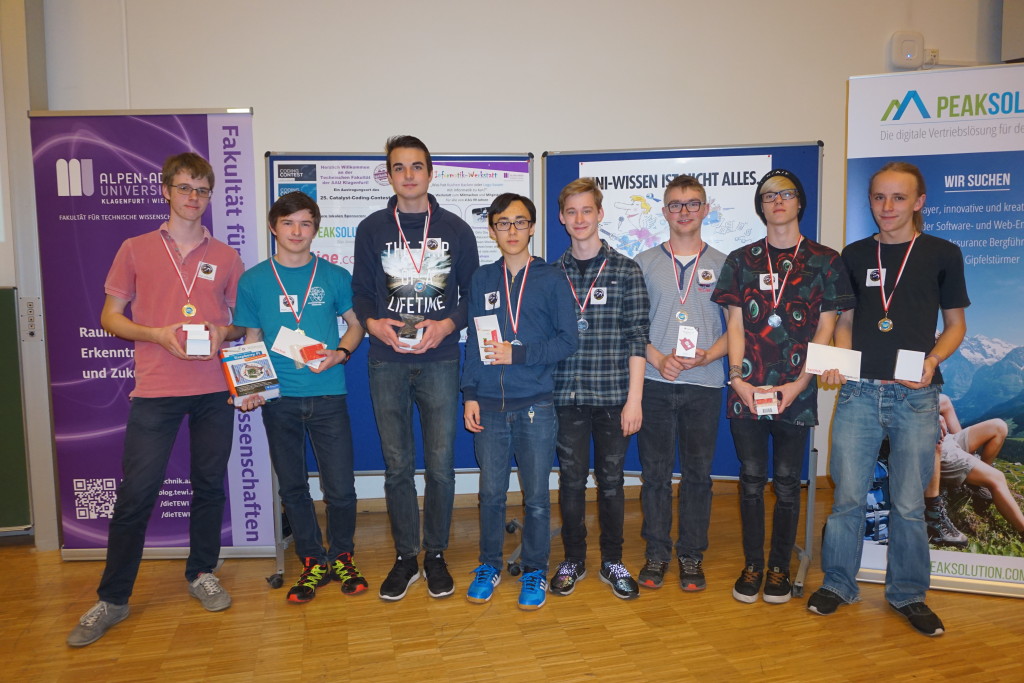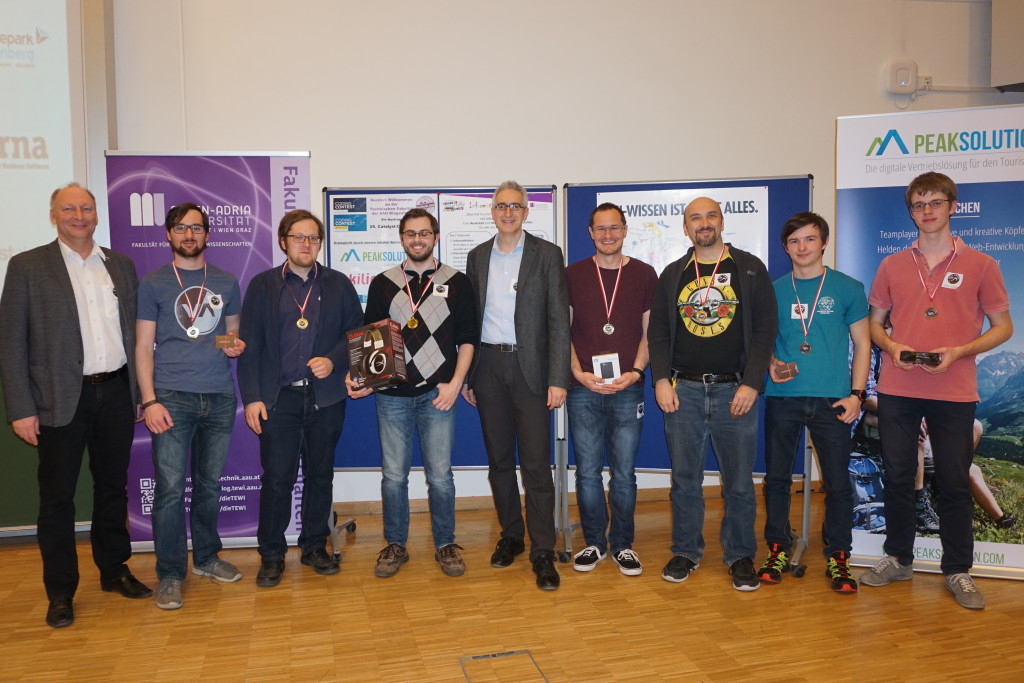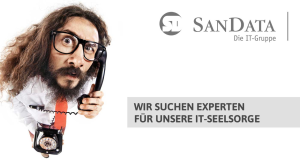Montag, 10. April 2017, E.1.42
8:30 – 9:30, Christoph BENZMÜLLER
Title: Calculemus! Progress in Universal Logic Reasoning and Computational Metaphysics
Abstract: Inspired by Leibniz‘ famous vision „Calculemus! — Let us calculate“, an approach to universal logic reasoning is presented. The proposed solution is indirect: it utilises classical higher-order logic as a universal meta-logic in which various other (classical and non-classical) logics from today’s logic zoo can be shallowly embedded and combined; the embedded (object-)logics can then be employed for the representation of knowledge in different application domains.
This semantical embedding approach suppor ts the formalisation and deep logical assessment of rational arguments on the computer. In this sense, it partially realises Leibniz‘ dream. To illustrate this, I will present a rigorous analysis of modern variants of the “Ontological Argument for the Existence of God“, including Kurt Gödel’s seminal contribution. By utilising the approach, even relevant new insights about the ontological argument have recently been revealed by automated theorem provers. These research activities have inspired the conception of a new, awarded lecture course on “Computational Metaphysics“ at Freie Universität Berlin, which brings together students from computer science, mathematics and philosophy.
The approach, which fruitfully combines and exploits, amongst others, own research contributions from the last two decades, is by no means restricted to metaphysics or philosophy; this is evidenced by recent applications e.g. in mathematics and artificial intelligence.
11:00 – 12:00, Wolfgang FABER
Titel: Deklarative Formalismen als Motoren Semantischer Systeme
Abstract: Semantik in Wissensbasierten System ist der Schlüssel, um über das vorhandene Wissen selbst Schlüsse zu ziehen. Semantik kommt besonderer Bedeutung zu, wenn nicht nur Antworten oder Lösungen gefunden werden sollen, sondern auch Begründungen oder Erklärungen selbiger. In diesem Vortrag soll die Rolle deklarativer Formalismen (im Sinne deklarativer Sprachen und Systeme) in solchen Semantischen Systemen herausgearbeitet werden. Besondere Berücksichtigung werden dabei logische Programmierung und Regelsysteme finden.
14:30 – 15:30, Martin GEBSER
Titel: Knowledge Representation and Reasoning in Practice
Abstract: Modern computing systems provide tremendous resources to automate sophisticated calculations, as required in various application areas, including life sciences, machine learning, planning and scheduling, product configuration, system synthesis and verification, etc. This goes along with an increasing demand for expressive, general-purpose means for knowledge representation and reasoning. In my talk, I outline how computational logic along with extensions can serve as a powerful paradigm for representing and solving demanding real-world applications by means of general, domain-independent search and optimization methods.
Dienstag, 11. April 2017, E.1.42
8:30 – 9:30, Jörg HOFFMANN
Titel: Automatic Planning: Some Recent Methods and Applications
Abstract: Automatic Planning is one of the founding areas of Artificial Intelligence, concerned with the automation of problem solving: the design of algorithms whose input is a declarative problem description („the rules of the game“) and that automatically find a solution („the game strategy“) to any such input. The curse of generality is complexity — even the simplest planning problems are PSPACE-complete to solve, in the size of the declarative description — so effective search methods are paramount. After a brief introduction to the area, the talk summarizes two such methods developed in recent work by the author, namely star-topology decomposition which breaks conditional dependencies among components in the input; and conflict-based learning which learns sound and generalizable knowledge from dead-end states encountered during forward state space search. We then highlight a recent application of planning techniques, to simulated network penetration testing in IT security. We conclude with an outlook on future challenges.
11:00 – 12:00, Stefan EDELKAMP
Title: Multi-Goal Motion Planning
Abstract: In the clothes of vehicle routing, multi-goal task planning has been an apparent optimization question for a fairly long time. We will present advances in high-speed solving these discrete planning problems. With fast single-source shortest path planning, the in- or outdoor map for the vehicle fleet is condensed to a graph of customer orders, which could be any combination of pickups and deliveries. For one vehicle this setting corresponds to a variant of the NP-hard traveling salesman problem with capacities and time windows, while for several vehicles and according to the dynamics in the orders within a multi-agent simulation system, we support negotiating agents that offer multi-modal transport services.
While the discrete multi-goal task planning problem is already hard, the integration of task and motion planning is considered to be one of the most important challenges to nowadays robotics. Robots have sizes, heading, and velocity, and their motion can often be described only according to non-linear differential equations. The dynamics of movements, existing obstacles and many waypoints to visit are only some of the challenges to face. In real-world problems, we often have additional constraints like inspecting areas of interest in some certain order, while still minimizing the time for the travel. The trickiest part is to solve the hard combinatorial discrete tasks like the generalized and clustered traveling salesman problems, and -at the same time- providing valid trajectories for the robot. We use a framework in which a motion tree is steadily grown, and abstractions to discrete planning problems are used as a heuristic guidance for the on-going solution process to eventually visit all waypoints. In case of inspection, we generate the waypoints fully automatically, using a combination of 2D and 3D skeletonization together with a filtering mechanism based on hitting sets.
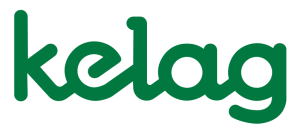 Der KELAG-Konzern ist einer der führenden Energie-Dienstleister Österreichs. Die Konzernunternehmen sind in den Geschäftsfeldern Strom, Erdgas und Wärme österreichweit und international tätig. Zur Verstärkung unseres Teams suchen wir mit Dienstort Klagenfurt die Stelle
Der KELAG-Konzern ist einer der führenden Energie-Dienstleister Österreichs. Die Konzernunternehmen sind in den Geschäftsfeldern Strom, Erdgas und Wärme österreichweit und international tätig. Zur Verstärkung unseres Teams suchen wir mit Dienstort Klagenfurt die Stelle

